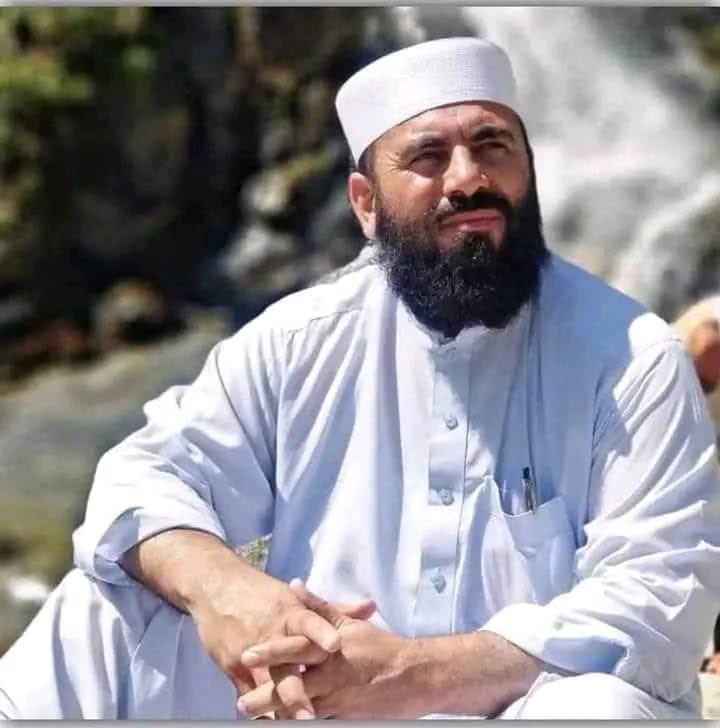KARACHI: By June this year, ‘The Quickstyle’ troupe had been dancing together for a decade and a half, choreographed for the likes of Korea’s best-selling boy band BTS, won the Norwegian version of the popular TV show, America’s Got Talent and been named Unicef goodwill ambassadors.
But it was the group’s now viral performance at the wedding of friend and fellow crew member Suleman Malik that catapulted them to instant super stardom this summer.
The video, a medley of the Balochi song Kana Yaari and the popular Bollywood number ‘Kala Chashma,’ among other hits, has been viewed millions of times online, launching The Quickstyle into a whirlwind international tour that has taken them from New York to Dubai to Doha and now Karachi, and catapulted them onto a world dance stage completely reshaped by the Internet.
“It wasn’t meant to go out, it was a very personal event,” the group’s co-founder Nasir Sirikhan told Arab News in an interview on Monday in Karachi, referring to the dance video filmed in a cramped wedding hall in Oslo.
“Right before (the performance), we all ate so much Pakistani food, and that day we were not dancers, we were friends, we were celebrating our brother,” Pakistani-Norwegian Bilal Malik, who founded the group with his twin brother Suleman and best friend Sirikhan in 2006, said.
Since then, The Quickstyle dancers, who all grew up in Scandanavia, have had firsthand experience of the power of music and movement to connect people.
“That is our cause, to connect the world and connect the cultures and break the boundaries, build the bridges” Sirikhan said. “We’ve seen that it’s possible. That’s the craziest thing.”
In between talking about their journey to fame, the group members showed off videos of toddler nieces and nephews back home in Norway and bantered about Sirikhan’s mother’s famed Thai noodle soup and Suleman’s attempts at keeping a straight face.
With Vitnamese, Thai, Pakistani, Sri Lankan, Indian and Moroccan representation in their dozen-strong dance troupe, the group members admitted they had turned the stereotype of Scandinavian countries being ‘primarily white’ upside down.
“Growing up in Scandinavian countries, we read Norwegian news and we get this ... image of the Arab world,” Bilal said. “Even if I’m Muslim, I thought like, ‘It’s dangerous there. You cannot dance there.’ And today we’re dancing in the streets of the Arab world.”
“And Arabs love it, Pakistanis love it, Indians love it. And it’s like ... I didn’t expect that to happen, you know? So, I’m very very glad that these regions are taking us with open arms.”
Ultimately, the three group members said they owed their success to their parents, even though the Malik twins admitted they didn’t always have blind support from family.
“It was not like, ‘Oh it’s okay, you can dance’,” Suleman said. “We had, like, rules, ‘If you’re going to keep doing this, you have to be good at school’.”
“My dad hasn’t seen any live performance until now, this year and that was the wedding (video) that went viral,” his brother Bilal added. “I remember dad said, ‘How can you do this? How is it possible to dance so long?’”
Sirikhan piped in, laughing:
“Their dad was coming to me like, ‘Nasir, you go dance one more time, I have to bring out all my friends to show them.’
I was like, ‘You had 20 years to see! Now you want to see!’”
But the families are now “the biggest fans,” Sirikhan said:
“We would never be able to do this without their support, 100 percent, their prayers, their love … When we come home, we come home to a loving family that not only feeds us good food but gives us, you know, that love that we need.”

















